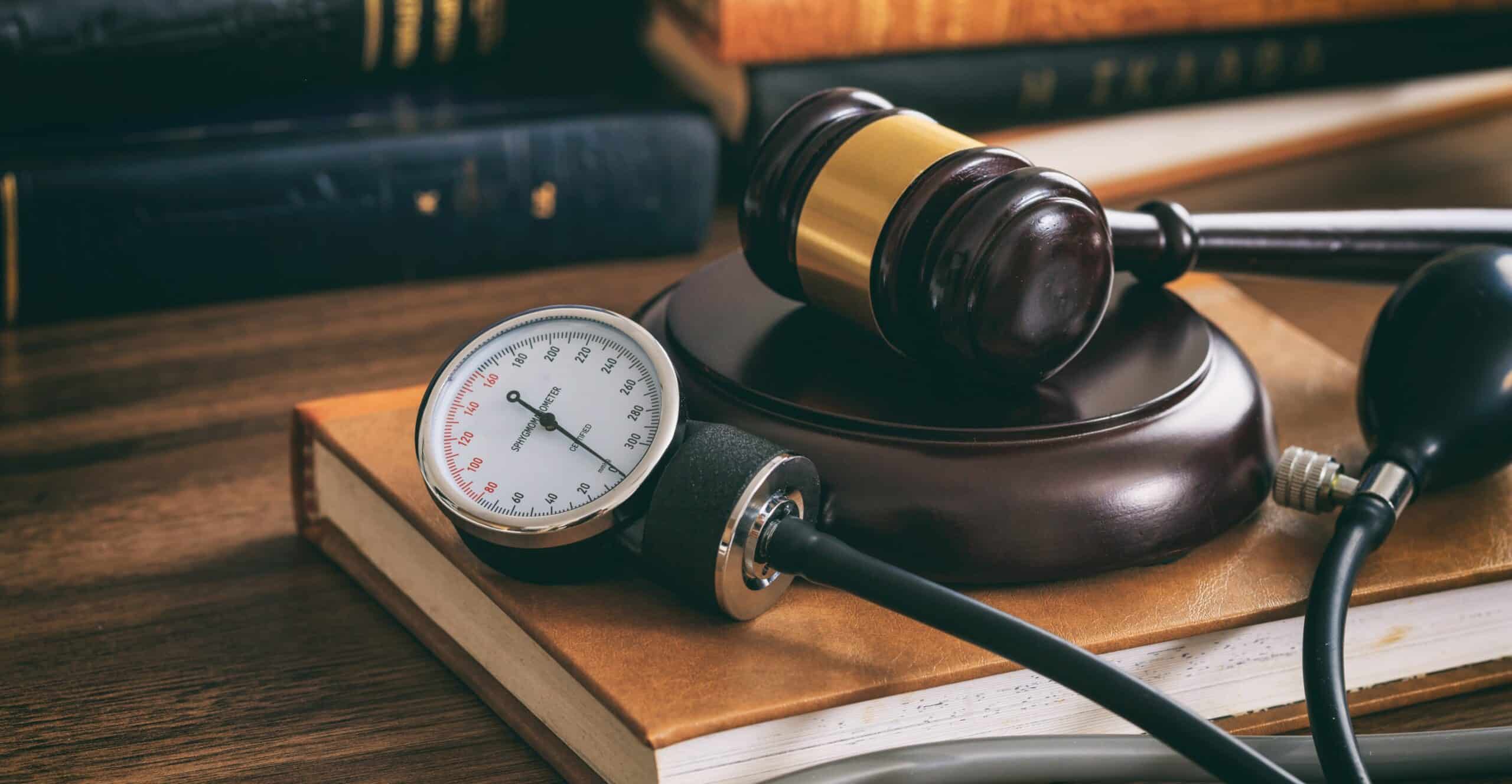Becoming a partner is the highest point in their legal careers for many lawyers. It…
When Medicine Meets the Law: How Specialized Expertise Shapes Better Outcomes – Guest Post

The Intersection of Medicine and Legal Systems
The connection between medicine and law is growing stronger, touching many aspects of healthcare and legal proceedings. From malpractice lawsuits to personal injury claims, legal cases often require medical insight to assess facts, assign responsibility, and ensure justice. As science advances, the need for deep clinical expertise in courtrooms becomes even more urgent.
Consider scenarios like a healthcare provider accused of malpractice or a patient seeking payment for an injury caused by medical negligence. These cases hinge on correctly interpreting medical records, evaluating diagnoses, and comparing care provided against professional standards. Mistakes in analysis can lead to wrongful judgments, creating ripple effects for both parties.
In such cases, impartial professionals, including those offering medical expert witness services, ensure accurate interpretation of complex health data. Experts help bridge the gap between medical jargon and legal context, allowing judges and juries to grasp essential information that drives fair outcomes.
Bridging Knowledge Gaps in Legal Disputes
Disputes combining healthcare and legal arguments are prone to misunderstandings. Medical professionals and legal experts approach problems differently—their training emphasizes distinct priorities, methods, and terminologies.
For example, a physician may offer detailed, clinical descriptions of a surgical error. Meanwhile, legal professionals may focus on whether the error aligns with defined negligence standards. If communication falters, it complicates matters. Witnesses may offer conflicting testimony during a malpractice case, leading to prolonged trials and wasted resources.
Misalignment happens when evidence is misinterpreted or incorrectly presented to the court. For instance, imaging results could seem inconclusive to a jury without proper translation. By involving trained medical experts who understand legal requirements, disputes can be resolved more efficiently. These experts speak the language of both industries, helping overcome barriers that might otherwise derail proceedings.
The Critical Role of Specialized Medical Knowledge
Medical experts who bridge the worlds of healthcare and law bring essential skills that transform legal disputes into informed decisions. Their specialized knowledge and ability to remain objective are essential in fast-paced courtroom environments.
Here are a few traits that define the role of experts in these cases:
- Clinical Experience: Years of hands-on practice help experts identify realistic standards of care for specific circumstances.
- Understanding of Legal Processes: Familiarity with discovery phases, depositions, and trials ensures their expertise fits smoothly into proceedings.
- Impartiality: Objectivity is paramount in delivering balanced assessments of medical evidence.
- Clear Communication: Clearly communicating findings clearly in settings like depositions or trials, ensuring all relevant information is conveyed accurately.
With these traits in the mix, cases benefit from insights that are both professionally accurate and legally relevant, making these collaborations invaluable for achieving balanced outcomes.
Real-World Applications and Case Studies
Medical expertise often provides game-changing clarity to disputes that might otherwise lag. Consider hypothetical cases:
Case 1: Misdiagnosis Claims
A patient alleges that their cancer was misdiagnosed by their physician, leading to delayed treatment. The court must determine whether the physician followed diagnostic protocols, balancing timing and test interpretation against reasonable standards of care. An expert explains the diagnostic process to the court, clarifying whether the physician acted appropriately or negligently.
Case 2: Surgical Errors
During a personal injury claim, a surgeon faces accusations of performing a procedure incorrectly, causing harm. Conflicting testimonies add confusion. A medical expert evaluates operative notes, imaging, and patient outcomes against routine practices. Their impartial findings help uncover what went wrong and identify responsible parties.
When medical experts align clinical reality with legal definitions, disputes become easier to resolve. Their perspective ensures an accurate representation of medical facts within court cases, benefiting all parties involved.
Common Questions About Medical-Legal Collaboration
These collaborations often raise questions about the role of experts, their qualifications, and why their involvement is important.
- How are medical experts vetted for credibility?
Medical experts are chosen based on their qualifications, professional experience, and history of unbiased opinion. Courts often evaluate their resumes and prior testimony. - What distinguishes a treating physician from an independent expert?
A treating physician interacts directly with the patient, focusing on care. Independent experts are hired to evaluate specific issues for legal purposes, providing impartial analysis of the evidence. - Why does objectivity matter in these cases?
Objectivity ensures that decision-making is rooted in facts, not personal opinions or bias. Fair trials depend on balanced presentations of evidence.
Advancing Fairness in Future Cases
The collaboration between medicine and law will evolve as technology advances. Telehealth is streamlining access to medical services, which creates new opportunities for remote expert testimonies. Similarly, artificial intelligence may play a larger role in analyzing medical data within legal disputes, potentially reducing human error.
As these trends emerge, appreciating the connection between medical and legal fields becomes even more critical. Together, healthcare and law can offer better solutions for tackling disputes while protecting fairness and integrity.
